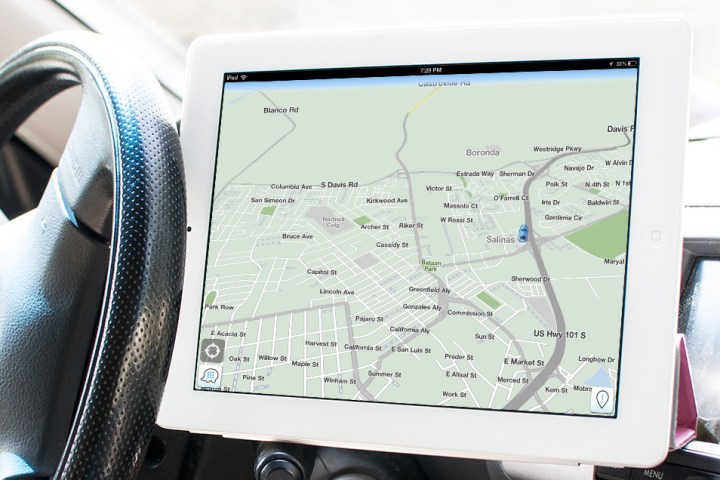
EENA & Waze announce partnership & Europe-wide public safety pilot project! #EENA2017 https://t.co/ubyMGwAZ2G pic.twitter.com/cnG0HMZhRR
— European Emergency Number Association 112 (EENA) (@112_sos) April 5, 2017
So how will it work? Quite simply, actually. Waze users simply need to drive with their app turned on in order to passively contribute traffic data and other relevant information to fellow users. Should they come across a particularly alarming incident, they can actively share a road report. The hope is that using this crowdsourced data could actually help in emergency management to better response operations, the EENA noted in a news release.
“Waze has always been about connecting people with each other to improve the quality of their driving experience.” said Adam Fried of the Global Partnerships division at Waze. “We are excited to expand this community to emergency first-responders and see how Waze data can help them optimize their route planning and contribute to public safety.”
The traffic app has previously embarked upon a similar project in the U.S. with its Connected Citizens Program. As Fried told The Next Web, “Through our Connected Citizens Program, we’ve already seen that using Waze crash reports can reduce first responder time to the scene of a crash by four and half minutes on average. This type of time interval has the potential to save lives and we want to bring that ability to emergency responders across Europe.”
As part of the pilot program in Europe, when Waze users report an incident, emergency services will receive a notification and use traffic data from the app to optimize their route planning and hopefully cut down on response times. And conversely, emergency services can send information to Waze users about traffic incidents, helping them avoid delays and potentially reduce gridlock.
Alexis Gizikis from EENA concluded, “Waze data could improve the work of first-responders dramatically. What we hope to see is a decrease in response times and an effective two-way communication channel between citizens and authorities.”

